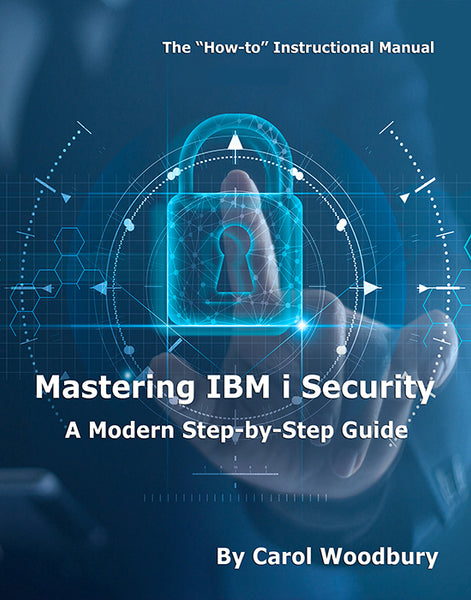Cloud hosting may be more cost-effective and efficient than non-cloud alternatives, but IT managers must evaluate whether it makes real business sense and ensure that it doesn't violate corporate security policies.
Editor's Note: This article is an introduction to the white paper "Security Considerations for the Cloud" available free to download from the MC White Paper Center.
Security concerns abound when it comes to cloud computing. If you do any research on the concerns associated with doing business in the cloud, a top concern—if not the top concern—is always data security and privacy. Are these concerns justified, or is it simply the fear of the unknown? Let's take a look.
Considerations
Just as you do when you take advantage of any new technology, you have to decide whether the new technology is just "cool" or it actually meets your business needs. When it comes to cloud computing, it has the potential to save significant money over hosting your own computing resources—in terms of hardware, support of that hardware, and software licenses. But just because it saves money does not necessarily mean that it will meet your business requirements. Specifically, you must examine both the technology and the technology provider to ensure they can meet your organization's security policy requirements, legal requirements for issues such as discovery of information when in a lawsuit, and compliance requirements for all of the laws and regulations with which your organization must comply.
Much of whether cloud computing meets your business requirements depends on the type of data being stored, manipulated, or shared in the cloud. If you're thinking of using the cloud to manage Personally Identifiable Information (PII), healthcare information, or Payment Card Industry (PCI) data, you'll want to look at the requirements your organization's security policy places on this type of data.















 Business users want new applications now. Market and regulatory pressures require faster application updates and delivery into production. Your IBM i developers may be approaching retirement, and you see no sure way to fill their positions with experienced developers. In addition, you may be caught between maintaining your existing applications and the uncertainty of moving to something new.
Business users want new applications now. Market and regulatory pressures require faster application updates and delivery into production. Your IBM i developers may be approaching retirement, and you see no sure way to fill their positions with experienced developers. In addition, you may be caught between maintaining your existing applications and the uncertainty of moving to something new. IT managers hoping to find new IBM i talent are discovering that the pool of experienced RPG programmers and operators or administrators with intimate knowledge of the operating system and the applications that run on it is small. This begs the question: How will you manage the platform that supports such a big part of your business? This guide offers strategies and software suggestions to help you plan IT staffing and resources and smooth the transition after your AS/400 talent retires. Read on to learn:
IT managers hoping to find new IBM i talent are discovering that the pool of experienced RPG programmers and operators or administrators with intimate knowledge of the operating system and the applications that run on it is small. This begs the question: How will you manage the platform that supports such a big part of your business? This guide offers strategies and software suggestions to help you plan IT staffing and resources and smooth the transition after your AS/400 talent retires. Read on to learn:
LATEST COMMENTS
MC Press Online